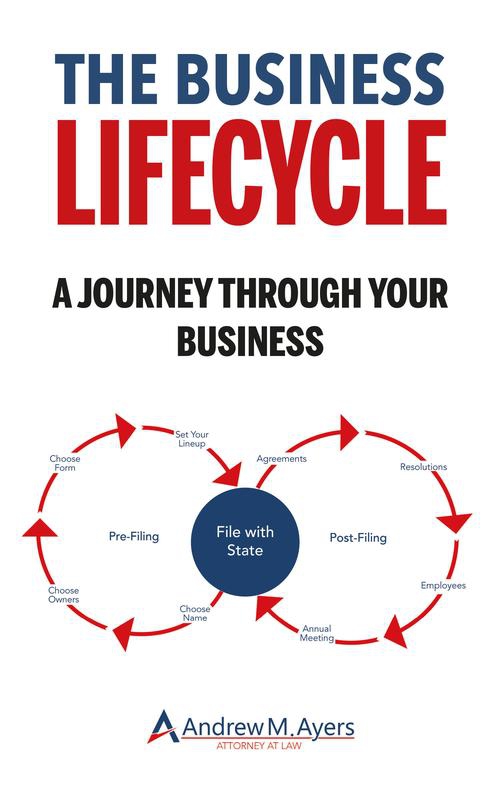 The Corporate Transparency Act (CTA), recently passed in the United States, signifies a noteworthy shift in the nation's approach to corporate accountability and transparency. This legislation aims to alleviate the longstanding issue of anonymous Limited Liability Companies (LLCs) and other corporate entities, which often function as veiled mechanisms for illicit activities.
The Corporate Transparency Act (CTA), recently passed in the United States, signifies a noteworthy shift in the nation's approach to corporate accountability and transparency. This legislation aims to alleviate the longstanding issue of anonymous Limited Liability Companies (LLCs) and other corporate entities, which often function as veiled mechanisms for illicit activities.
Historically, the U.S. has served as a hotspot for those seeking anonymity in their corporate ventures, with its lax regulations on disclosure of beneficial ownership. However, the CTA disrupts this fragile status quo by instituting a comprehensive regulatory framework designed to penetrate the veil of corporate secrecy.
The crux of the CTA is the establishment of a central registry, accessible solely to law enforcement agencies, encompassing thorough details of beneficial ownership for all corporate entities. Each corporation, LLC or comparable entity operating within the U.S is obligated to submit beneficial ownership details to the Financial Crimes Enforcement Network (FinCEN), with very few exceptions.
Every entity designated as a 'reporting company' under the CTA must provide comprehensive identification details of any individual retaining a minimum of 25% equity interest or exerting significant control over the entity. The mandatory information includes the full legal name, date of birth, current residential or business street address, and a unique identification number from an acceptable identification document.
One common question that's been raised recently centers around what companies fall into the 23 "exceptions" to the reporting requirements.
Exceptions to the Reporting Company Requirements
The definition of a Reporting Company is a broad definition, including any corporation, LLC or other similar entity that is created and registered with a state in the United States. This definition can also include foreign companies that are registered to do business in the United States. With such a broad definition, many companies are concerned about whether the CTA applies to them.
However, the CTA also contains 23 exceptions:
- Securities reporting issuer
- Governmental authority
- Bank
- Credit union
- Depository institution holding company
- Money services business
- Broker or dealer in securities
- Securities exchange or clearing agency
- Other Exchange Act registered entity
- Investment company or investment adviser
- Venture capital fund adviser
- Insurance company
- State-licensed insurance producer
- Commodity Exchange Act registered entity
- Accounting firm
- Public utility
- Financial market utility
- Pooled investment vehicle
- Tax-exempt entity
- Entity assisting a tax-exempt entity
- Large operating company
- Subsidiary of certain exempt entities
- Inactive entity
If you were to lay out all of the exception companies, you would see that the majority of companies that are not exceptions are going to be small and medium sized businesses. Even the large businesses have a specific exception, #21 "Large operating company" that includes companies that:
- Employ more than 20 employees on a full-time basis in the United States;
- Have at least $5 million in gross receipts in the previous year on its tax returns; and
- Has a physical office within the United States.
Stay tuned as we learn more about the CTA in 2024 and beyond and how these reporting requirements will impact small and medium-sized businesses.
Do I Need a Business Attorney?
Now is a good time to get up to date on your CTA requirements, so if you'd like to discuss them further, let's schedule a Legal Strategy Session online or by calling my Edina, Minnesota office at (612) 294-6982 or my New York City office at (646) 847-3560. My office will be happy to find a convenient time for us to have a phone call to review the best options and next steps for you and your business.





